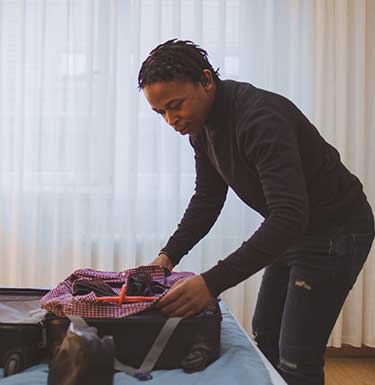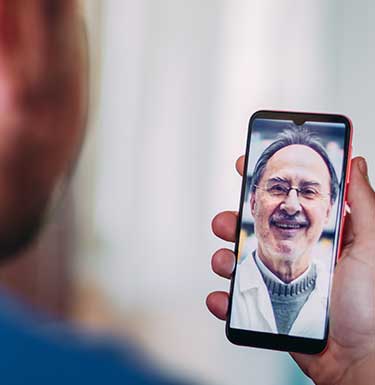Being diagnosed with a serious medical condition can be overwhelming and cause a lot of anxiety and fear. Many people facing a diagnosis of a rare disease, a complex surgery or an invasive treatment plan consider seeking the advice of more than one doctor. This is called a Second Medical Opinion.
Getting a second opinion is common practice in any area of medicine that is either complex or that has multiple treatment options available. The more knowledge you have about a particular diagnosis and the treatment options available, the more reassured you will be regarding the healthcare decisions you will make.


























